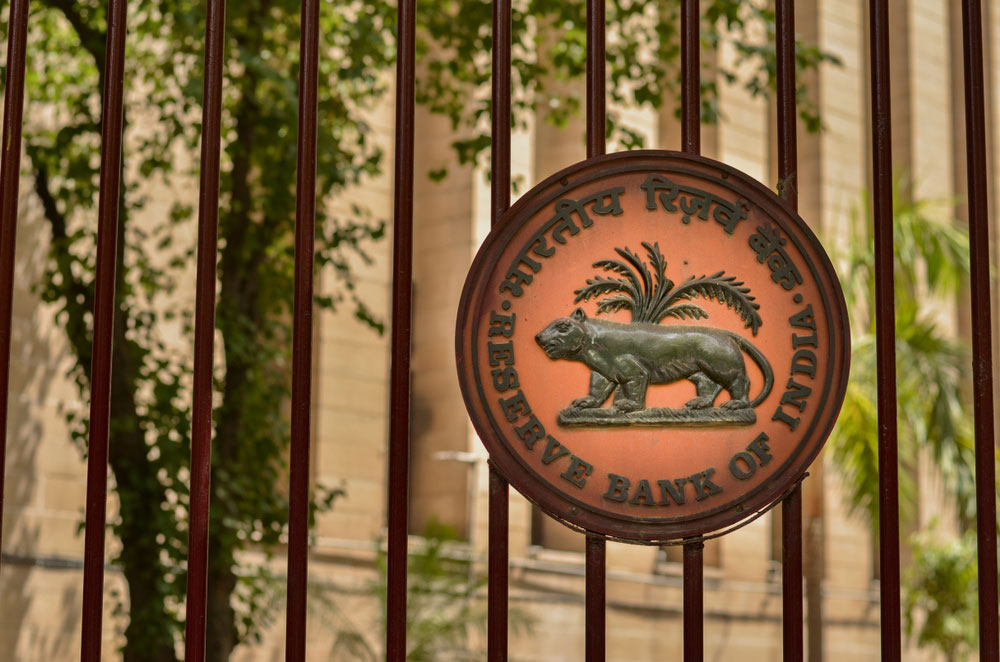Good news continues to evade the banking sector amid the slowdown in the economy with the lockdown only making matters worse.
Fresh data from the Reserve Bank of India (RBI) has shown that bank credit growth decelerated to an over five-decade low of 6.14 per cent in the year ended March 31, 2020.
Apart from the poor state of the economy that has resulted in weak credit demand from industry, risk aversion among lenders because of elevated non-performing loans has also contributed to the decline in credit growth.
Analysts fear that more bad news could be in store for banks in the first quarter of the current fiscal as credit disbursal will slump further. Several economists have also cut their growth forecasts for the Indian economy.
Bank advances growth in 2019-20 was the slowest since the fiscal ended March 1962, when loans had grown 5.38 per cent. Data from the central bank showed that for the week ended March 27, 2020, advances stood at Rs 103.71 lakh crore against Rs 97.71 lakh crore as on March 29, 2019.
“The economy during the year was weak which led to a demand slowdown. Also, there was higher risk aversion among banks,” PTI quoted Fitch Ratings director (financial institutions) Saswata Guha.
Economic growth had slowed to a near seven-year low of 4.7 per cent in October-December 2019 compared with a 5.1 per cent growth in the second quarter and 5.6 per cent in the first quarter. Guha added that the impact of Covid-19 on the overall economy will be visible more during the first quarter of this fiscal.
During 2019-20, bank deposits grew 7.93 per cent to Rs 135.71 lakh crore against Rs 125.73 lakh crore a year ago. The growth in deposits was the slowest since 2017-18, when it had increased 6.21 per cent. In the following year, credit offtake was 13.29 per cent, while deposits grew 10.04 per cent.
In its monetary policy report released recently, the RBI had said Covid-19 would impact economic activity in India directly because of the lockdowns. It had added that credit growth was likely to remain modest, reflecting weak demand and risk aversion because of the disruptions caused by the coronavirus pandemic.
Analysts at ICICI Direct said as the shutdown took place in the second half of March, the full impact of the fallout will not be reflected in the fourth-quarter numbers. For banks and NBFCs, the immediate impact will be seen in business growth that will stay subdued.
While business growth is expected to remain weak, the brokerage added that uncertainty about asset quality will remain at an elevated level. The three-month relaxation in loan repayment terms by the RBI is expected to keep asset quality steady in the near term. However, the lifting of the lockdown and the pace of revival in economic activities will determine the asset quality of banks in the long term.










